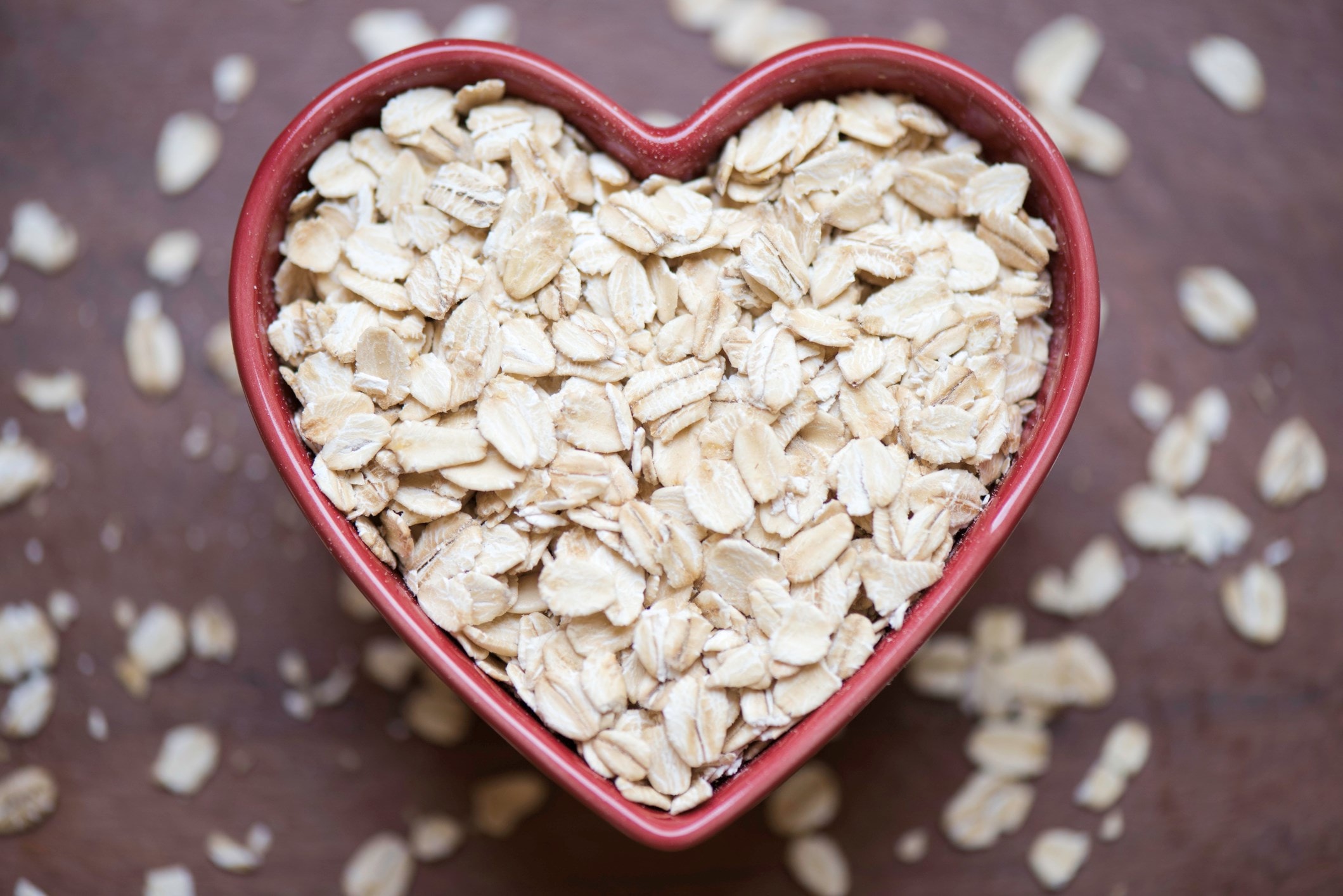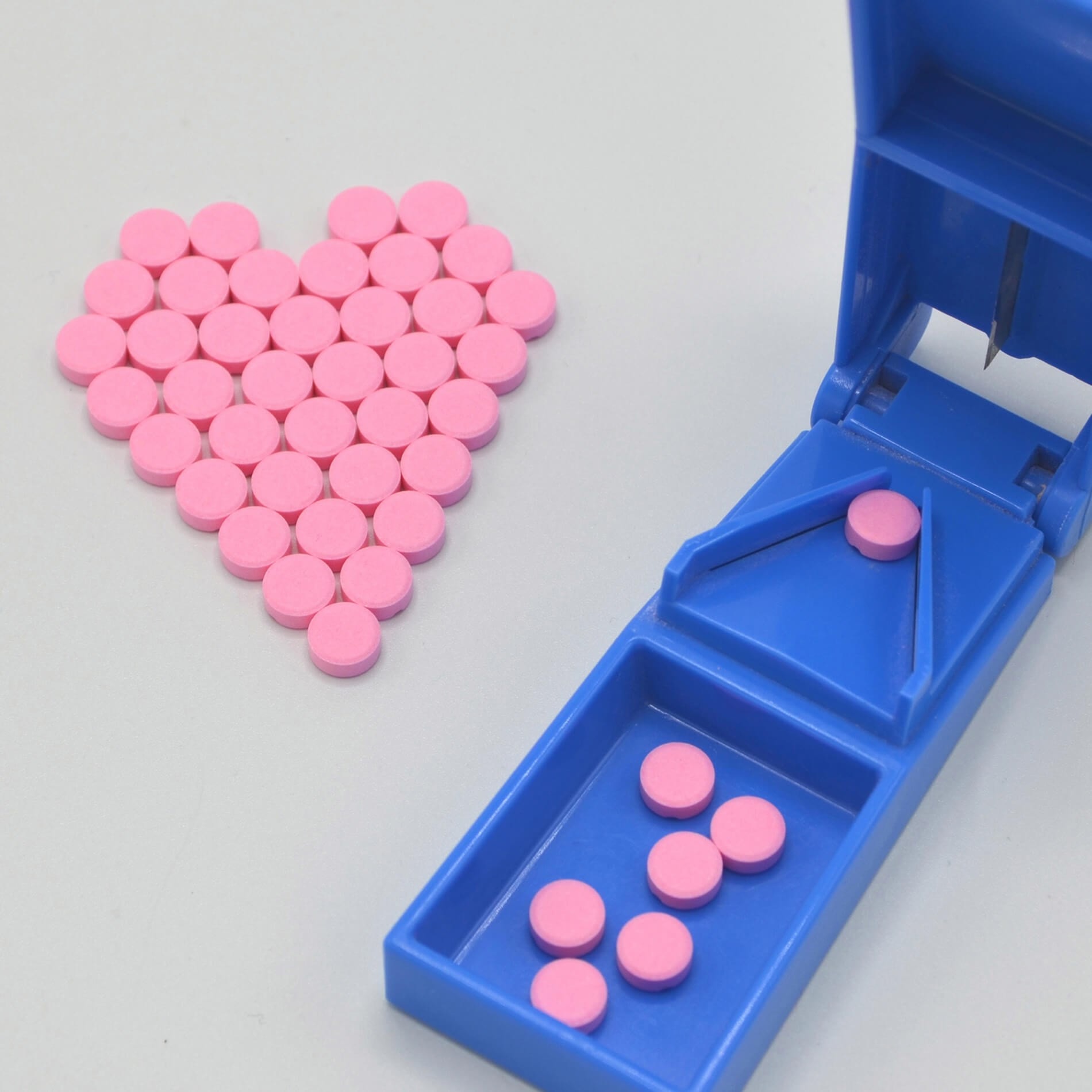L. plantarum Shown to Help Lower Cholesterol
Exciting research has explored ways to lower cholesterol using probiotic bacteria. This novel approach may offer an effective, natural solution to those wishing to reduce their risk of raised cholesterol (hypercholesterolemia) and coronary heart disease. Read on to find out Which Lactobacillus plantarum probiotic strains help to reduce cholesterol levels?
Within this article:
- Lactobacillus planatrum strains have shown promise for cholesterol management
- Which Lactobacillus plantarum probiotic strains help to reduce cholesterol levels?
- Alternative methods for lowering cholesterol may be preferable to the use of statins

Lactobacillus planatrum strains have shown promise for cholesterol management
Lactobacillus plantarum is a very well-studied bacteria species. Until now the best-known strain is probably L. plantarum Lp299v, which has been clinically trialled on participants with IBS. However, strains within the L. plantarum species will have different properties, and three L. plantarum strains have clearly been identified for their ability to help lower cholesterol.
Which Lactobacillus plantarum probiotic strains help to reduce cholesterol levels?
A study screened 550 bacterial strains for their ability to survive in the GI tract, adhere to the gut lining and reduce cholesterol in vitro 1. Three Lactobacillus plantarum strains showed excellent results in each test:
Lactobacillus plantarum CECT 7527
Lactobacillus plantarum CECT 7528
Lactobacillus plantarum CECT 7529
The strains were shown to harbour high bile salt hydrolase (BSH) activity which was even higher when all three strains were tested together. BSH enzymes are responsible for the breakdown of bile, this ability suggests the strains could interfere with the enterohepatic circulation by increasing the synthesis of new bile salts using a cholesterol. Secondly, the strains were able to assimilate cholesterol from the culture media. The percentage of cholesterol removed was also higher with the combination of three strains.
Since in vitro screening, these strains have been clinically trialled in hundreds of individuals and shown to reduce total cholesterol (TC) and LDL- cholesterol (LDL-C) as well as enhance LDL: HDL cholesterol ratio. Research has also deemed the strains safe for human consumption 2. The combination of the three strains is commercially known as AB-LIFE®.
The first gold standard (randomised, blinded and controlled) study assessed 60 individuals with raised cholesterol levels (TC; 5·16 -7·64 mmol/l, LDL-C; 3·35 - 4·91 mmol/l)3. Participants were divided to receive 1.2 billion CFU of AB-LIFE® probiotics or a placebo daily for 12 weeks. None of the participants were taking statin or cholesterol reduction medication. In the probiotic group, when compared to baseline values, there was a significant reduction in:
- TC (13.6%)
- LDL-C (14.7%)
- LDL-C:HDL-C (19.7%)
- Oxidised cholesterol (13.6%)
When the probiotic group was compared with placebo, TC reductions were significant with LDL-C, HDL-C: LDL-C and oxidised cholesterol reaching near significance. Interestingly, those with initial higher starting values noted the biggest reductions. Higher starting values (above 2510mg/l) found TC reduced by 17.4% and LDL-C by 17.6% compared with 9.4% and 11.5% respectively in lower starting values.
An observational study was conducted to assess whether medications impacted AB-LIFE® efficacy and tolerance4. The study included 343 patients with high cholesterol levels. Statins, fenofibrates, antihypertensive, antidiabetic and antiplatelet medication were already in use in 46%, 5%, 57%, 32% and 20% of individuals respectively. After a 12 week probiotic intervention of 1.2 billion CFU AB-LIFE®, LDL-C and triglyceride (TG) levels were analysed. LDL-C and TG significantly reduced in the cohort over the study period. The use of statins and higher baseline values resulted in greater reductions in LDL-C. Greater baseline values of TG were also associated with greater TG reductions. No significant tolerance issues were noted, 17% of individuals reported tolerability issues (flatulence and oily stools) associated with antiplatelet medication. The study confirms that AB-LIFE® probiotic strains can be used safely alongside medications including statins.
A recent gold standard study included 39 adults and assessed AB-LIFE® strains alongside Red Yeast Rice (RYR) extract (10 mg of monacolin K)5. After 12 weeks, TC and LDL-C significantly reduced in the probiotic group compared with baseline values (12% and 13% respectively). TC and LDL-C levels were also significantly lower in the probiotic group compared with placebo. Monacolin K is structurally the same as lovastatin; a commonly used statin. The results from the study support the use of RYR alongside probiotics and may offer an alternative to those with tolerability issues towards lovastatin.

Alternative methods for lowering cholesterol may be preferable to the use of statins
As CHD’s account for the largest number of deaths worldwide, action needs to be taken6. The L. plantarum strains offer an exciting effective approach in reducing and maintaining healthy cholesterol levels. Unlike many cholesterol lowering medications and supplements the strains are able to reduce both dietary and liver cholesterol. The strains have been shown to reduce TC and LDL-C as well be safe alongside medications including statins.
Statins are typically the most commonly prescribed drug used to help lower cholesterol levels and are recommended throughout the UK by doctors to successfully maintain healthy cholesterol levels in patients. Complementary healthcare practitioners should recommend that their clients follow their doctor’s advice regarding cholesterol management. However, statins can cause unwanted side effects or other health concerns so evidence to support the use of natural options is very welcome. Doctors may allow patients to try natural alternatives alone initially, in conjunction with a supporting diet, but cholesterol levels should continue to be monitored. In the event that a patient wishes to take a natural supplement alongside their current cholesterol medication, then lipid levels should be monitored by their doctor to ensure the correct amount of medication is taken. Individuals should not stop any prescribed medication before talking to their doctor first.
References
- Bosch M, Fuentes MC, Audivert S, Bonachera MA, Peiró S, Cuñé J. Lactobacillus plantarum CECT 7527, 7528 and 7529: probiotic candidates to reduce cholesterol levels. J Sci Food Agric. 2014;94(4):803-809. doi:10.1002/jsfa.6467
- Mukerji P, Roper JM, Stahl B, et al. Safety evaluation of AB-LIFE® Lactobacillus plantarum CECT 7527, 7528 and 7529: Antibiotic resistance and 90-day repeated-dose study in rats. Food Chem Toxicol. 2016;92:117-128. doi:10.1016/j.fct.2016.03.018
- Fuentes MC, Lajo T, Carrión JM, Cuñé J. Cholesterol-lowering efficacy of Lactobacillus plantarum CECT 7527, 7528 and 7529 in hypercholesterolaemic adults. Br J Nutr. 2013;109(10):1866-1872. doi:10.1017/S000711451200373X
- Espadaler J, Audivert S, Navarro-Tapia E, Buj D. Demographic and clinical characteristics influencing the effects of a cholesterol-lowering probiotic. Ann Nutr Metab. 2019;74(6).
- Guerrero-Bonmatty R, Gil-Fernández G, Rodríguez-Velasco FJ, Espadaler-Mazo J. A Combination of Lactoplantibacillus plantarum Strains CECT7527, CECT7528, and CECT7529 Plus Monacolin K Reduces Blood Cholesterol: Results from a Randomized, Double-Blind, Placebo-Controlled Study. Nutrients. 2021;13(4):1206. doi:10.3390/nu13041206
- Khan MA, Hashim MJ, Mustafa H, et al. Global Epidemiology of Ischemic Heart Disease: Results from the Global Burden of Disease Study. Cureus. Published online July 23, 2020. doi:10.7759/cureus.9349
Popular Articles
View all General Health articles-
General Health19 Jan 2024


